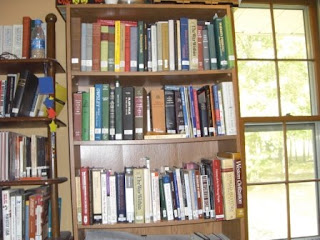The best American fiction has always been regional. The ascendancy passed roughly from New England to the Midwest to the South; it has passed to and stayed longest wherever there has been a shared past, a sense of alikeness, and the possibility of reading a small history in a universal light. In these things the South still has a degree of advantage. It is a slight degree and getting slighter, but it is a degree of kind as well as of intensity, and it is enough to feed good literature if our people - whether they be newcomers or have roots here - are enough aware of it to foster its growth in themselves.
Every serious writer will put his finger on it at a slightly different spot but in the same region of sensitivity. When Walker Percy won the National Book Award, newsmen asked him why there were so many good Southern writers and he said, "Because we lost the War." He didn't mean by that simply that a lost war makes good subject matter. What he was saying was that we have had our Fall. We have gone into the modern world with an inburnt knowledge of human limitations and with a sense of mystery which could not have developed in our first state of innocence - as it has not sufficiently developed in the rest of the country.
Not every lost war would have this effect on every society, but we were doubly blessed, not only in our Fall, but in having means to interpret it. Behind our own history, deepening it at every point, has been another history. Mencken called the South the Bible Belt, in scorn and thus in incredible innocence. In the South we have, in however attenuated form a form, a vision of Moses' face as he pulverized our idols. This knowledge is what makes the Georgia writer different from the writer from Hollywood or New York. It is the knowledge that the novelist finds in his community. When he ceases to find it there, he will cease to write, or at least he will cease to write anything enduring. The writer operates at a peculiar crossroads where time and place and eternity somehow meet. His problem is to find that location.
From "The Regional Writer" in Flannery O'Connor, Mystery and Manners: Occasional Prose, 58-59.












